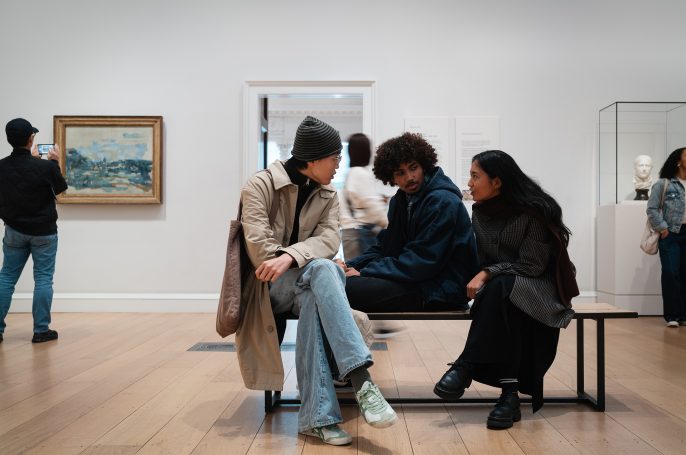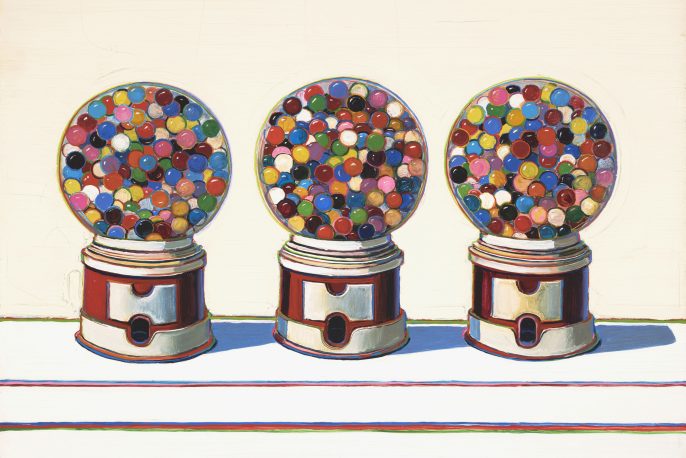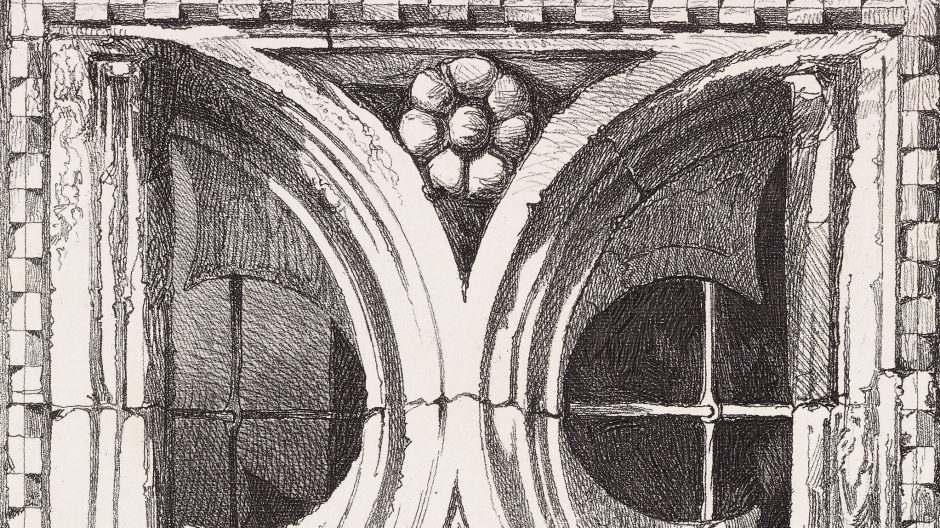As we write this introduction, London and many cities around the world are once again under lockdown. By the time this book is published, the planetary Covid-19 pandemic will have continued to evolve, circumstances will have changed (we hope for the better), but right now the reality described by ecology has never felt starker. Looking back to Michael Wheeler’s introduction to Ruskin and the Environment (1995) we are struck by how different our perspective is now. Wheeler gazes on the eery beauty of a wind farm on Kirkby Moor in Cumbria, meditating on the landscape’s ecology even while reflecting on how the solution to our depleting resources will continue to alter our environment, that is, that the future may well ‘steal’ the past.[1] To us, in spite of ceaseless ‘progress’, the promise of ever-more efficient technologies every day, the future seems more obscure, harder to conceive, uncertain… No doubt in 2019 the inspiring protesters demanding action to address the climate crisis around the world could not have foreseen how imminent the ecological catastrophe really was. We write, nevertheless, in the hope that in reconstructing our ways of life to cohabit with this new virus, we will re-cultivate and rebalance the human in relation to the systems on which its existence depends.
Citations
[1] Michael Wheeler, ‘Introduction’, in Michael Wheeler (ed.), Ruskin and Environment: The Storm-Cloud of the Nineteenth Century (Manchester: Manchester University Press, 1995), p. 1.






